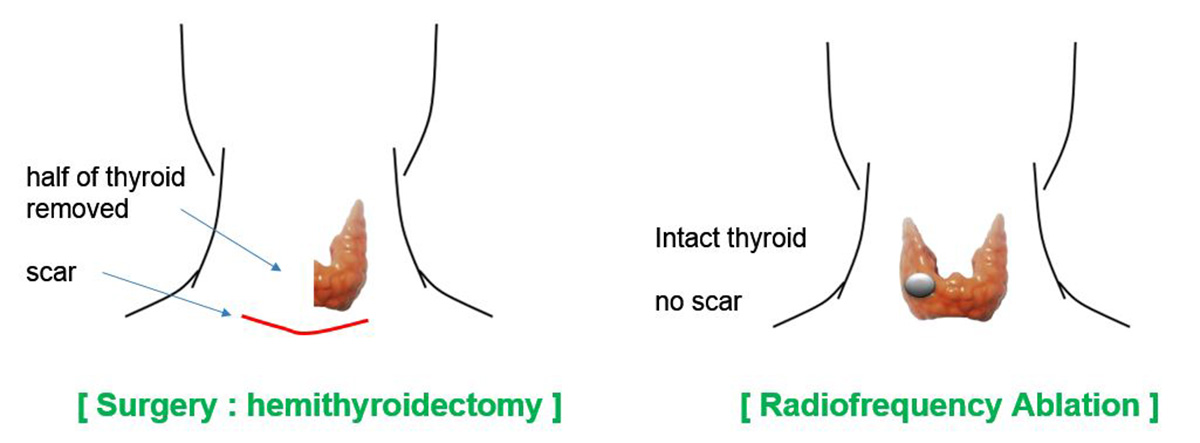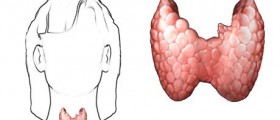
Hyperthyroidism is a condition which is characterized by excessive production of the thyroid hormone. This hormone is located in the thyroid gland, at the front side of the neck. It is associated to a lot of important organs and their functions, such as the heart, muscles and bones. It also controls the cholesterol, and the entire metabolism. If the hormone should be produced in amount which is far greater than the regularly required one, it could accelerate many body functions or it could lead to mood swings and some kind of neurosis. On the other hand some people don’t experience any symptoms whatsoever. It is important to treat hyperthyroidism because it may cause further complications over time.
Causes and symptoms
In the majority cases hyperthyroidism is caused by the so-called Graves’ disease. This disease makes the immune system attack the thyroid gland, forcing it to produce too much thyroid hormone in response. This disease is most likely to be genetic. In rarer occasions, hyperthyroidism is caused by a problem in the thyroid itself such as swelling or the appearance of small growths.
As stated, sometimes hyperthyroidism manifests no symptoms at all. However, when it does, they usually include anxiety, weariness, lethargy and mood swings. Also, it causes accelerated heartbeat, shortness of breath and shaky hands. Hyperthyroidism may have its effect on the skin as well, as it provokes redness and irritation of the skin, and it causes increased in sweating. Sometimes it also disrupts the bowel movements, causes weight loss and the hair to fall out.
Hyperthyroidism is easily diagnosed with a blood test determining the amount of thyroid hormone being made.
Treating hyperthyroidism with surgery
Surgery is definitely not the doctor’s first choice for the treatment of this condition. There are other, less invasive ways to deal with it, such as medications and radiotherapy. Also, various factors need to be taken into consideration before determining the course of treatment, such as the age of the patient, the form and the severity of the disease, as well as the presence of another medical condition.
The surgery is likely to be recommended for those whose glands are so augmented that they have difficulty swallowing and breathing, the existence of thyroid cancer, a bad reaction to other kinds of treatment or the inability of radiotherapy to decrease the size of the thyroid nodule the way it is expected to.
The procedure for hyperthyroidism is called thyroidectomy and what it does is remove a part or the entire thyroid gland.












-In-Infants-And-Older-Children_f_280x120.jpg)



-And-Children-16-Warning-Signs-And-Symptoms_f_280x120.jpg)
Your thoughts on this
Loading...